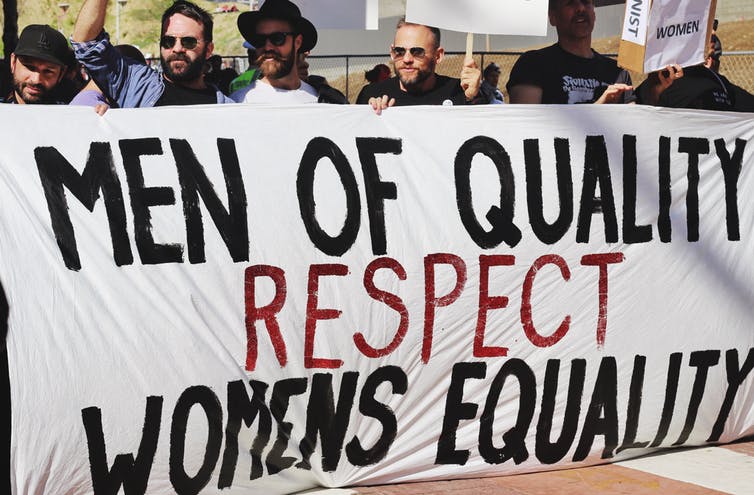Where ‘woke’ came from and why marketers should think twice before jumping on the social activism bandwagon
The phrase “woke” has shifted in meaning, from awareness and blackness to a colourless and timeless phenomenon, explains Macquarie University’s Abas Mirzaei in this cross-posting from The Conversation. And its dilution means brands like Nike, Pepsi and Gillette should consider whether they’re helping or hindering ‘wokeness’.
First used in the 1940s, the term “woke” has resurfaced in recent years as a concept that symbolises awareness of social issues and movement against injustice, inequality, and prejudice.
But popularity has diluted its meaning and the idea has been cynically applied to everything from soft drink to razors, attracting criticism if too liberally applied.
One recent stretch for this term is the New Yorker magazine’s headline for a story about a vegan chef’s output, which read: What’s in a Woke McRib?

The woke concept has morphed from social licence to caricature.
Samantha Sophia/Unsplash, CC BY-SA


Never heard the term before outside of the concept of rubbing sleep from the eyes. Is this just another attempt to intro a buzz word /phrase?
You can circle back to me on that if you like…
WOKE
Stands for:
anti-White
Opposed to western civilisation and capitalism
Kind with other people’s money
Environment first at the cost of human wellbeing
WOKE
Stands for:
Wtry
Oharder
Kgareth
Eyou idiot
That may be so but doesn’t mean what I say isn’t true.
hahaha…that’s funny
Gareth can’t even spell.
No genuine discussion needs to quote Quillette. There are more pertinent and authentic sources for literally any factual claim you want to make.
‘Get woke, go broke’ is closer aligned with anti-progressive groups boycotting ‘woke’ brands, and threatening them with financial failure for displaying social or political leanings they dislike. Examples include reactionaries burning Nike shoes and Sean Hannity fans destroying their Keurig coffee machines.
Ironically, the only bias you’re revealing here is your own. Quillette is no more flawed than left-wing oriented online publications. And it is just as pertinent and authentic as they are.
I’m betting they don’t fit your world-view and don’t pander to your pre-existing biases. Well – that’s good. If silos, tribes and echo-chambers can be broken down, that’s better for discourse as a whole. Try Quillette again – but this time with an open mind.
I appreciate the sparkling insight that there are multiple bad news sources online, however I neglected to mention them as:
– they are not cited in the article
– they generally lack the faux legitimacy and backing Quillette cultivates
– they are not actively endangering vulnerable people by not doing due diligence and platforming hacks like Andy Ngo.
Painting Quillette as equivalent to any politically leaning media outlet is highly disingenuous. Quality journalism is in obvious danger, and seeing it replaced with unscrupulous opinion pieces on the latest alt-light talking points frankly horrifies me.
OK, well, it seems you’ve doubled down on your bias nuance. I’m not going to argue with you – you’ve made your mind up already and are firmly in the tribe you have chosen. That’s your right.
I’d rather expend effort on people who genuinely are curious about both sides of an argument and listen to multiple viewpoints. The impromptu ‘black list’ you’ve cited above makes it clear that you don’t have the type of intellectual curiosity to go there.
It is nice to see some proper research and referencing in an article (re)posted on Mumbrella for once.
@David Hague – you are just simply out of the loop
Woke enough? Gillette has been punished – not nearly enough – by a write down of $12 Billion in this FY just gone, as millions of men reject the brand forever. It indulged in a disgraceful, racist, hate diatribe against caucasian men, defaming 100% of them as violent misogynists. As a brand, Gillette is dead. It only remains to dispose of its remains.